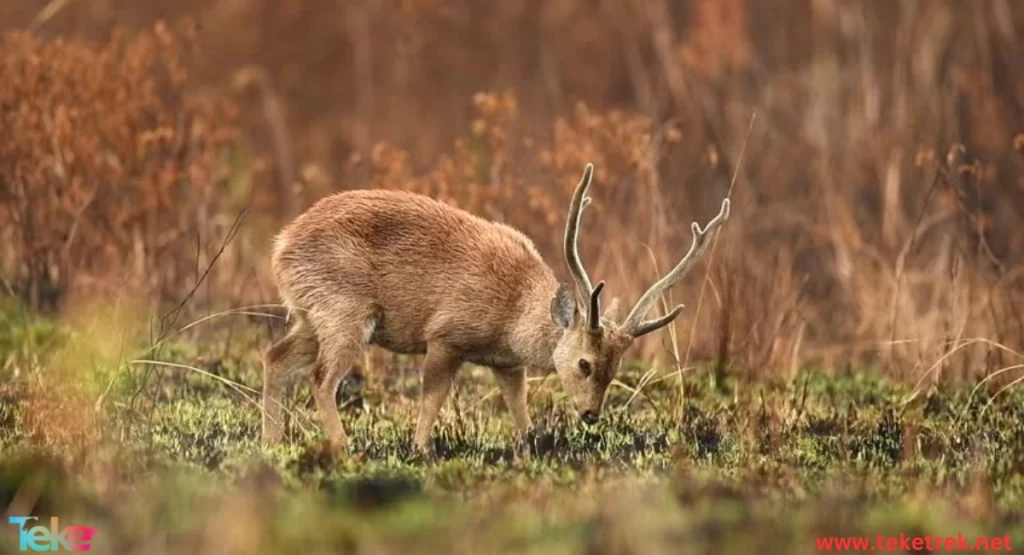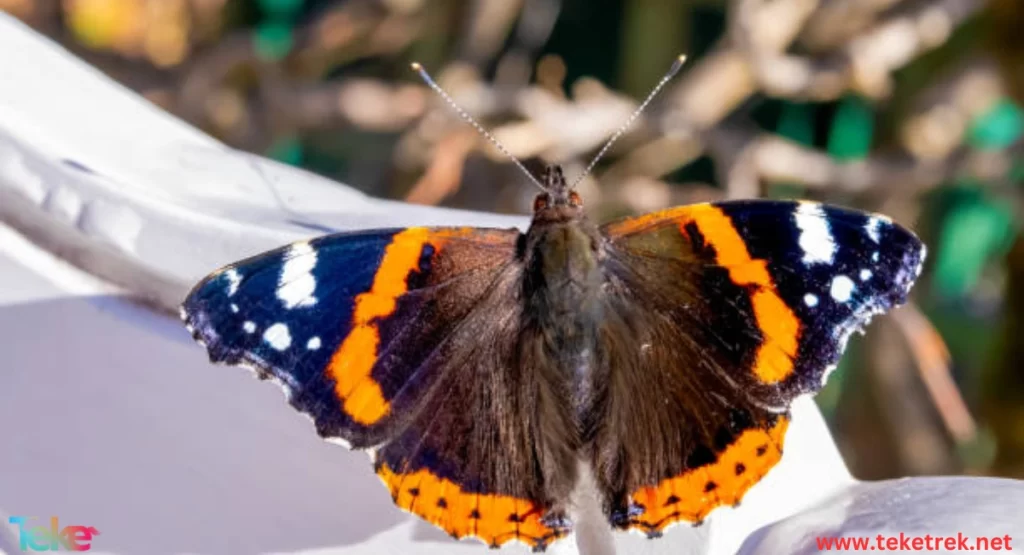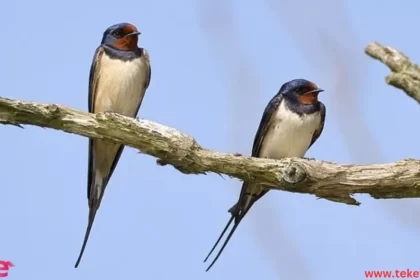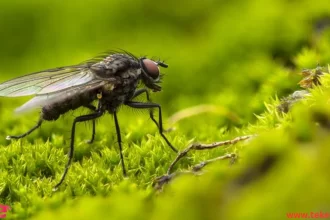The role of animals in maintaining ecological balance is a vital topic that deserves to be highlighted in an era of increasing environmental challenges, because animals are not just living organisms that live in different environments, but rather they are essential elements that contribute to shaping ecosystems and maintaining their balance.
Through their interaction with the surrounding environment, animals play multiple roles, ranging from controlling the numbers of other species, to contributing to the nutrient cycle, to improving air and water quality.
This article from teketrek reveals the importance of these roles and reviews how protecting animals can contribute to enhancing environmental sustainability.
Animals: The Backbone of the Ecosystem
Animals play a vital role in maintaining the balance of food chains and the integrity of ecosystems. Each type of animal, whether predator or prey, contributes to shaping the dynamics of the environment in which it lives.
1. Balance of food chains
Food chains consist of different levels, including producers (such as plants) and consumers (such as herbivores and carnivores).
– Herbivorous consumers: They feed themselves on plants, which helps reduce their excessive growth, thus maintaining the diversity of vegetation.
– Predators: Control the numbers of herbivores, preventing their numbers from exploding and ensuring the balance of the ecosystem.

2. Integration between ecosystems
Animals also work to integrate ecosystems through:
– Environmental role: such as pollinating plants and distributing seeds, which contributes to the renewal of the vegetation cover.
– Soil improvement: by digging the ground or breaking down organic matter, which facilitates the growth of plants.
3. Biodiversity
The presence of a large diversity of animals enhances the ability of the ecosystem to adapt to environmental changes. Each species plays a special role in the system, which ensures its stability and continuity.
4. Responding to environmental crises
Animals act as indicators of the health of the ecosystem, the disappearance or decline of any species can indicate larger problems, which calls for taking action to maintain the ecological balance.
Animals represent the backbone of the ecosystem, as they contribute to maintaining the balance of food chains and enhancing the integration of ecosystems, as preserving and protecting animal diversity is essential to ensuring the sustainability of our planet.
https://teketrek.net/characteristics-and-features-of-the-gazelle-falcon-and-interesting-facts-about-it/
How do animals contribute to combating climate change?
Animals of all kinds are vital elements in combating climate change, as they play important roles in regulating levels of greenhouse gases, such as carbon dioxide. Here are some examples of how animals contribute to this effort:
1. Marine animals
Marine algae: They are among the most effective organisms in absorbing carbon dioxide, as marine animals, such as sea turtles and fish, contribute to maintaining the health of these algae by balancing the marine ecosystem.
Whales: Whales play an important role in regulating carbon levels, as when they die, their bodies sink to the bottom of the ocean, which traps carbon in the depths of the ocean for long periods. It is estimated that one whale can trap up to 33 tons of carbon dioxide.
2. Wild animals
Cows and deer: Herbivores contribute to maintaining plant diversity, as through their grazing, these animals help promote the growth of plants, which absorb carbon dioxide during photosynthesis.
Bees: Bees are essential pollinators that contribute to plant production, and thus contribute to increasing the vegetation cover that absorbs carbon.
3. Complex Ecosystems
Wetland Ecosystems: Animals such as birds and fish play a vital role in maintaining the health of wetlands and wetlands, which are natural carbon sinks, as these systems help store carbon and prevent its release into the atmosphere.
4. Ecological Balance
Animals also contribute to maintaining the balance of ecosystems, which helps enhance their ability to combat climate change. When the ecosystem is healthy, it is more able to absorb carbon and adapt to climate change. We conclude from this that animals of all kinds play a vital role in combating climate change by regulating carbon dioxide levels and enhancing the health of ecosystems.
https://teketrek.net/corsac-fox/
Animals and maintaining the diversity of living organisms
Animals are an important foundation in maintaining the diversity of living organisms, as they play a vital role in supporting plants and microorganisms to achieve ecosystem balance. Here is how animals contribute in this context:
1. Pollination
Insects: Such as bees and butterflies, they are major pollinators for many plants, by transferring pollen, these insects contribute to the production of fruits and seeds, which enhances plant diversity.
Birds: Some birds, such as hummingbirds, play a similar role in pollinating flowers, which contributes to the renewal of vegetation.
2. Seed distribution
Mammals: such as squirrels and deer, help distribute plant seeds by eating them and spreading them as they move, this promotes the growth of new plants in different areas and enhances biodiversity.
Birds: Many birds eat fruits and spread seeds in new places, which contributes to the diversity of vegetation.
3. Interaction with microorganisms
Herbivores: such as cows and sheep, contribute to stimulating plant growth by grazing them, this process helps increase the diversity of microorganisms in the soil, as it enhances the health of agricultural environments.
Soil: Animals, such as worms, play an important role in improving soil quality by decomposing organic matter, which helps support micro-life.
4. Ecological balance
Predators: Predators help regulate the numbers of other species, which prevents their excessive reproduction and enhances biodiversity.
Stable ecosystems: The presence of animal diversity enhances the ability of the ecosystem to adapt to changes, which leads to stability R is greater in the environment.
5. Nutrient cycles
Animals help facilitate nutrient cycles by:
Decomposing organic matter: Microorganisms living in the intestines of animals contribute to the decomposition of nutrients, which facilitates the absorption of essential minerals and nutrients by plants.
We conclude from this that animals play a major role in maintaining the diversity of living organisms by supporting plants and microorganisms, as maintaining this diversity is essential to achieving the balance of the ecosystem and ensuring its sustainability for future generations.

Frequently asked questions:
How do animals contribute to maintaining the balance of the ecosystem?
Animals contribute vitally to maintaining the balance of the ecosystem, as they play an important role in spreading seeds, contributing to controlling pest numbers, and supporting plant growth through pollination processes. Their interactions create an integrated network of life, ensuring rich biodiversity and supporting the health of our planet.
Why do we need to maintain the ecological balance?
Maintaining ecological balance is essential to ensure biodiversity, provide natural resources, and maintain the health of ecosystems, as an imbalance in this balance may lead to the extinction of species and the loss of biodiversity, which negatively affects human life through food shortages and increased spread of diseases.
In conclusion, the role of animals in maintaining ecological balance is evident as an essential element that cannot be ignored, through their interaction with other species, whether plants or microorganisms, animals contribute to regulating food chains, enhancing biodiversity, and supporting the health of ecosystems. Protecting animals and preserving their natural habitats is not just a moral duty, but an urgent necessity to ensure the sustainability of our planet, and with the increasing environmental challenges, it becomes more important to realize how every living creature, no matter how small, plays a crucial role in maintaining the balance of the environment. Therefore, we must work together to protect these natural treasures, to ensure a more sustainable future for future generations.





